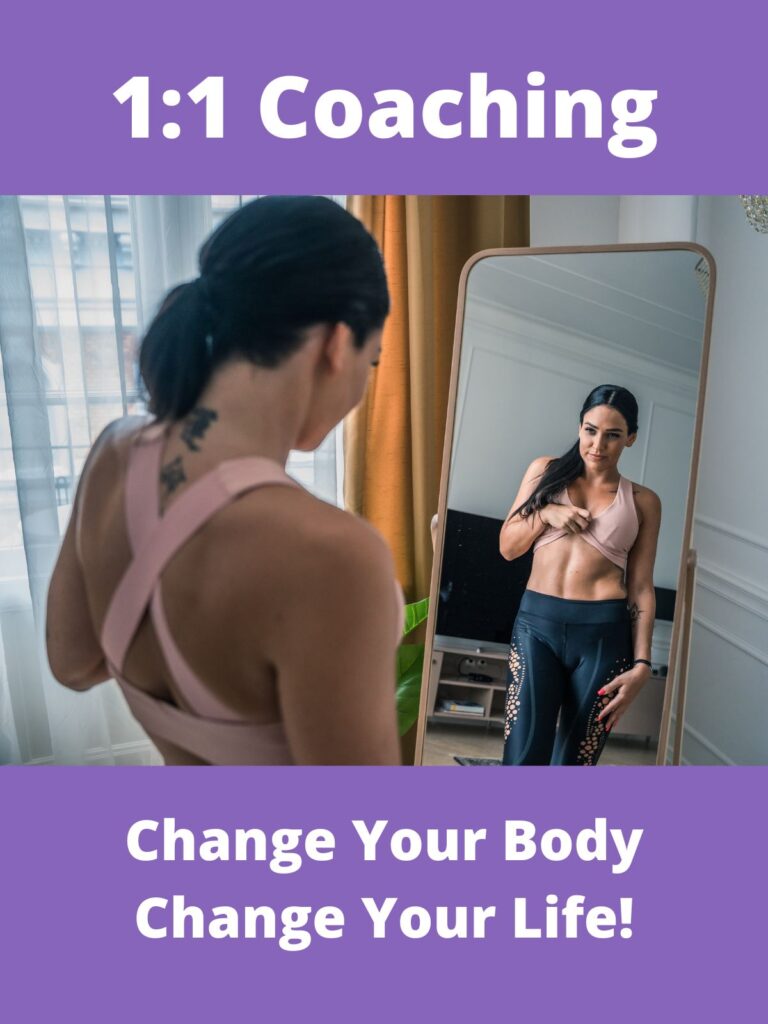Check out the "remodeled" FitnessMakeover.com site!
TRAINING
Many people do back exercises incorrectly. This video will show you, and provide instruction, for the 1-Arm Cable Row. This exercise can also be done with resistance band, however, it is not good idea to do with dumbbell.
Your focus and concentration should be on engaging the muscles of the back to complete each repetition, not using your arm! Pull your elbow back as far as possible. You may turn a little in the upper body, but that should be natural, not a forced position. As you lower the weight or do the "negative" portion, be sure to keep it slow!
You may have to lighten the weight you use on this exercise, until you get the form right! You should always feel more of your back working than your shoulders and arms on any back exercise!
Download the video (see link below) to add to your iPod-PT colleciton and look for more video workouts at fitnessmakeover.com.
NUTRITION
You should always consult with your doctor, if you suspect that you have a vitamin deficiency, or wish to add vitamin supplements to your daily routine. Your doctor can order tests to tell you exactly how much of a certain vitamin you may need on a daily basis. This way, if you aren't getting enough in your normal diet - you can safely take the supplements you need.
The Big Three: Zinc
Do Zinc
Vitamin D
You've probably heard much about Vitamin D
Magnesium
Magnesium
Magnesium
Magnesium
- Improved physical performance
- Better sleep (due to improved regulation of your heart function)
- Greater cardiovascular health
- Calmer the nervous system
Zinc
As we learned in Podcast episode 207, Zinc
- Poor brain function
- Cancer
- Heart disease
In regards to these particular vitamins, its been found that supplementing each nutrient separately works the best.
Here's why:
- Vitamin D
: Most people need to build up their levels then maintain. Since many people are low in Vitamin D
, they need to take between 2,000 to 5,000 IUs of Vitamin D
a day to ensure their levels are above 30 ng/ml, which is a minimal healthy level. Of course, everyone is different and some people will benefit more from a higher dose taken twice weekly. For best results, get your level tested and supplement accordingly.
- Magnesium
: A magnesium blend is your best bet for this vitamin. A combination of different Magnesium
forms such as magnesium bound with fumarate, glycinate, taurate, and ororate work well. You get what you pay for as these forms of Magnesium
are better metabolized and more effective in the body than cheaper forms such as magnesium oxide.
- Zinc
: Get your levels tested because Zinc
is a nutrient that can build up to toxic levels in your body. If your zinc levels are very low, you may have to supplement with Zinc
for a few months and then retest to evaluation your levels. For some people, a multi-vitamin alone does the trick!
As Always, consult with your doctor if you suspect that you have a vitamin deficiency, so that he or she can tell you exactly how much of a vitamin you need on a daily basis. This way, if you aren't getting enough in your normal diet - you can safely take the supplements you need.
MOTIVATION
Every problem has a solution! Here are seven steps to find a solution, even when you are stumped!
How many times have you felt stumped knowing that the problem laying before you is one you cannot solve. No leads. No options. No solutions. Did it feel like you had exhausted all possible options and yet are still before the mountain that seems large and unconquerable? When encountering such enormous problems, you may feel like you're banging your head against a wall. And Worse, The pressure of having to solve such a problem may be overwhelming.
Sometimes, you need to look at the problems in a different way. Creative problem-solving techniques help you do this. And that light might just be the end of the tunnel that leads to possible solutions.
First of all, you must be open-minded to the fact that there may be more than just one solution to the problem. And, you must be open to the fact that there may be solutions to problems you thought were unsolvable. Now, with this open mindset, you can be a little bit more creative in solving our problems.
Number one: Take a look!
Maybe the reason you cannot solve your problem is that you have not really taken a hard look at what the problem is. First, define and understand the problem. Having a concrete understanding of its workings is integral solving the problem. If you know how it works, what the problem is, then you have a better foundation towards solving the problem. Next, identify the participating entities and what their relationships with one another are. Take note of the things you stand to gain any stand to lose from the current problem. That should help you create a simple statement of what the problem is.
Number two: Assumptions
Take note of all of the constraints and assumptions you have in the words of problem. Sometimes it is these assumptions that obstruct our view of possible solutions. You have to identify which assumptions are valid, in which assumptions need to be addressed.
Number three: Solve by parts
Solve the problem by parts. Solve it going from general view towards the more detailed parts of the problem. This is called the top-down approach. Write down the question/problem, and then come up with a one-sentence solution to that from them. The solution should be a general statement of what will solve the problem. From here you can develop the solution further, and increase its complexity little by little.
Number four: Be Creative
Although it helps to have critical thinking aboard as you solve a problem, you must also keep a creative, and analytical voice at the back of your head. If someone, or yourself, comes up with a prospective solution, think how you could make that solution work. Be creative. At the same time, look for chinks in the armor of that solution.
Number five: More solutions
It 's important to remember that there may be more than just one solution being developed at one time. Keep track of all the solutions and their developments. Remember, there can be and may be more than just one solution to the problem.
Number six: Two heads are better than one.
Remember that old adage," two heads are better than one." That one is truer than it sounds. Always be open to new ideas. You can only benefit from listening to all the ideas each person has. This is especially true when the person you're talking to has had experience solving problems similar to yours. You don't have to be a gung-ho, solo hero to solve the problem. If you can organize collective thought on the subject, it would be much better.
Number seven: Be patient!
As long as you persevere, there is always a chance that a solution will present itself. Remember, no one was able to create an invention the first time around. You always have something to learn from your past mistakes and trials!
Creative thinking exercises
Creative thinking exercises can also help you in your quest be a more creative problems solver. Here is one example. Take a piece of paper and write any word that comes to mind at the center. Now look at that word then write the first two words that come to your mind. This can go on until you can build a tree of related words. This helps you build analogical skills, and fortify your creative processes. So, next time you see a problem you think you can not solve, think again. The solution might just be staring you right in the face. All it takes is just a little creative thinking, some planning, and a whole lot of work.
 Get all the most recent episodes on iTunes or download this episode here:
Get all the most recent episodes on iTunes or download this episode here:Fit 208: 1-Arm Row Video, Problem Solving and the Big Three Supplements and fat loss!
Right click here and "Save As"...to download the 1-Arm Row Instruction Video!
https://fitnessmakeover.com/product/re-train-your-brain/











Social Plugin